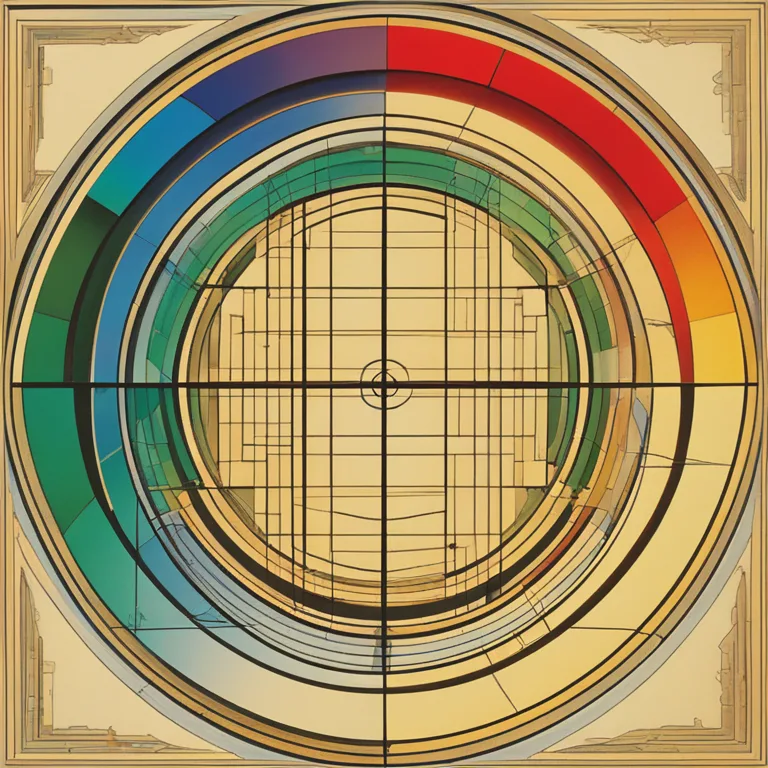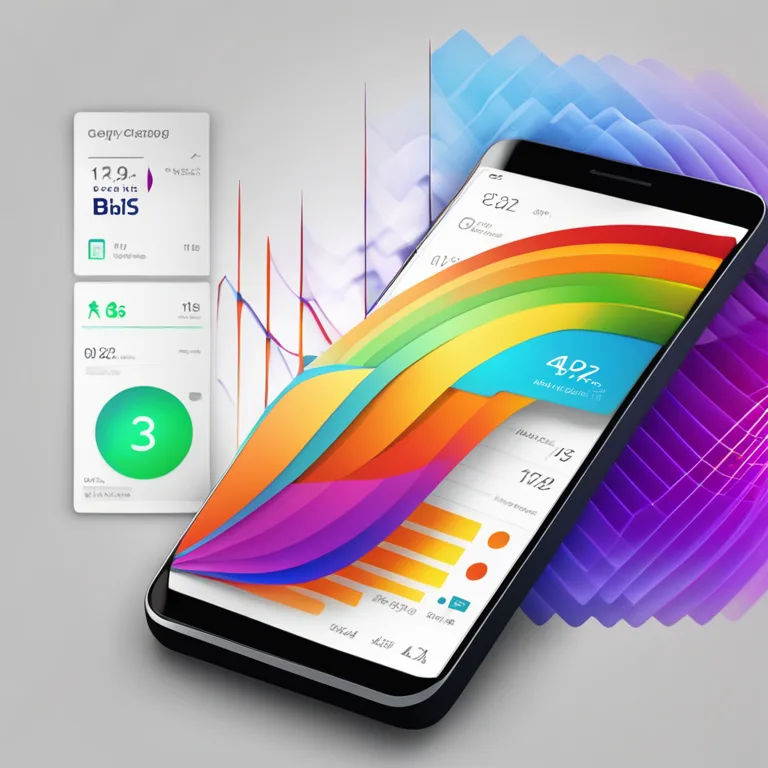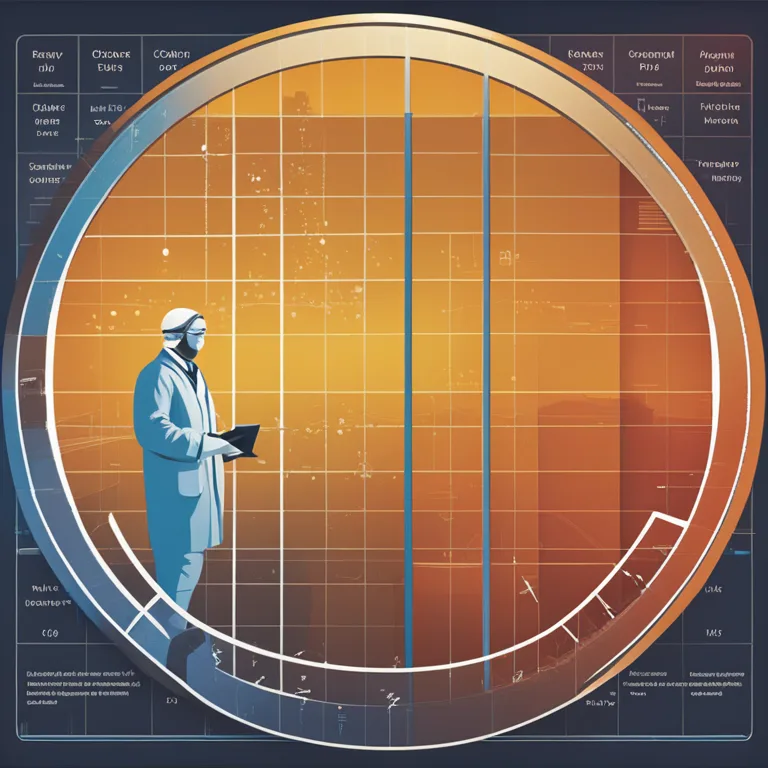
Biorhythms Today: Harnessing Our Natural Cycles
Delve into the modern interpretation of biorhythms and discover how tracking these patterns can influence daily life and well-being.
article by Adrian Wallace
Biorhythms: A Brief Introduction
With roots in the early 20th century, the theory of biorhythms suggests that our lives are governed by natural physiological cycles. These cycles are believed to affect our physical, emotional, and intellectual well-being. As we advance into 2024, the practical applications of biorhythms continue to intrigue those seeking to optimize their lives. By understanding these cycles, individuals aim to make informed decisions, enhancing personal awareness and potentially improving performance in various aspects of life.

The Three Primary Cycles
Traditionally, biorhythms are divided into three core cycles, each with a distinct duration. The Physical cycle, with a 23-day span, is thought to influence stamina, coordination, and overall health. The Emotional cycle lasts 28 days and purportedly sways our mood, creativity, and perception. Finally, the 33-day Intellectual cycle is said to impact cognitive functions, decision-making, and communication. Modern biorhythm enthusiasts track these cycles using specialized software, attempting to align their activities with their peak phases.

The Rise of Biorhythm Apps and Software
In this digital age, a vast array of biorhythm applications and software have emerged, promising personalized cycle tracking with a few taps on a smartphone. From predicting critical days to suggesting the best times for certain activities, these tools aim to integrate the concept of biorhythms into daily planning. While skepticism remains among the scientific community, many users report positive experiences, claiming enhanced synchronicity with their body's natural rhythms.

The Scientific Perspective and Public Interest
Despite the growing popularity of biorhythms, they remain a speculative field with limited empirical support. Critics argue that more rigorous research is required to validate the claims made by biorhythm theorists. Nonetheless, the public's fascination with personal optimization and holistic well-being fuels the continuous interest and application of biorhythms. As of 2024, the discussion around biorhythms embodies a blend of age-old theories and modern-day curiosity.

Integrating Biorhythms into Daily Life
Practitioners suggest that by harmonizing life's activities with one's biorhythms, individuals can enhance their quality of life. They often recommend beginning with observation, journaling to note corresponding physical, emotional, and intellectual states against the cycle predictions. Over time, this awareness could enable users to anticipate low-energy periods or emotional downturns and plan critical tasks for periods of higher aptitude.
Biorhythms and the Future
Looking to the future, we might witness deeper integration between biorhythm tracking and other wellness trends, such as wearable technology. As personal health devices continue to evolve, they could eventually incorporate biorhythm analysis into their suite of health metrics, offering even more nuanced insights into our well-being. This potential for amalgamation remains an exciting prospect as we progress through the decade.
Published: 12/28/2023
Modified: 12/28/2023
More predictions
Come back here soon to learn more about yourself and your future


Navigating Biorhythm Cycles
Explore the concept of biorhythms, their cycles, and examples of how they influence our daily lives.


Exploring Human Biorhythmic Cycles
Explore the fascinating concept of biorhythms and their influence on physical, emotional, and intellectual faculties in humans.


Biorhythm Compatibility: Fact Or Myth?
Explore the concept of biorhythm compatibility to discover if there's a real connection between our biocycles and relationship harmony.